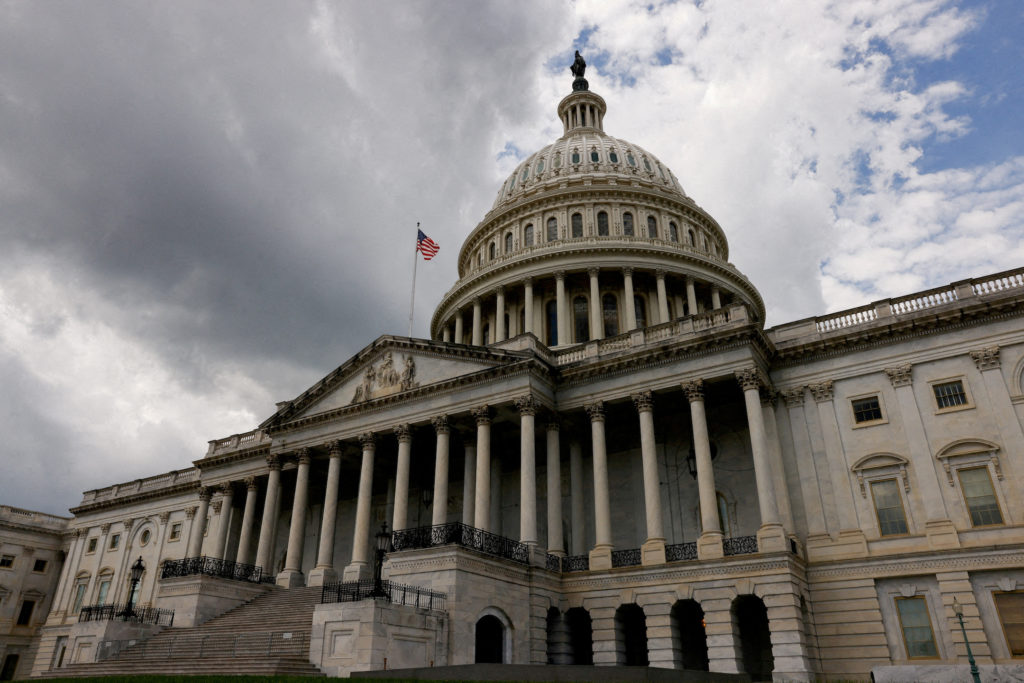In an unprecedented show of bipartisan co-operation, House members have passed a tax package that could be transformative for American businesses and families. This legislation includes a temporary increase in the child tax credit and restoration of several tax breaks for businesses. It is a rare moment of bipartisan cooperation between legislators who are often divided by politics. This legislation, which is awaiting Senate review, shows that there was cross-party collaboration to meet urgent national needs.
Expansion of Child Tax Credit
This package contains a provision of $33 billion to extend the child tax credit over three years. It is not a temporary measure, but a deliberate move to increase the financial security for low-income families in America. The timing is crucial, as it will cover this year’s taxes if the Senate approves quickly. The proposed changes are intended to increase access to the program and to increase available amounts while taking into account inflation to ensure that they remain relevant in time.
Negotiations between the two parties, led by influential figures such as House Ways and Means Committee Chair Jason Smith and Senate Finance Committee Chair Ron Wyden, have been a valuable step in building bridges. Their collaboration led to a proposal that not only addressed immediate economic challenges, but also provided lasting support for families in need.
Business Tax Incentives
This legislation, in addition to expanding child tax credit, aims to revitalize our business sector by providing several tax credits which support innovation and investments within our economy. These include deductions for R&D expenses and interest expense, both of which are vitally important when it comes innovation and investing within the American economy. The bipartisan support for these provisions highlights their importance in maintaining America’s advantage.
The Republican emphasis on tax credits for businesses highlights the dual goal of the package, which is to provide immediate relief as well as stimulate economic development in the United States.
Legislative Prospects & Challenges
The fate of this package in the Senate is still uncertain, even though the House has taken an important step. Senate Democrats have shown general support for the bill, but its timing has not been set. This is because passing the bill quickly is essential to timely implementation of credit expansion.
The difficulty in writing legislation to satisfy all parties, especially regarding the scope of the child tax credit, is evident. Although its expansion is substantial, it falls short of the COVID-era policies that significantly reduced child poverty. However, this legislation’s ability to help approximately 16 million children with low income within its first year, (and lift half-a-million out of poverty), makes it an impressive achievement.
The conclusion of the article is:
In an age of political polarization, the House’s approval for this tax package is a positive step. This legislation is a balanced solution to some of the most pressing problems in our society. It aims to support low-income families while encouraging business expansion. Bipartisan cooperation across party lines is crucial to the passage of this legislation and its effective implementation as it moves towards Senate approval and implementation. Not only will this reap immediate benefits, but also set precedents on what can be achieved when lawmakers work together with a common goal.
